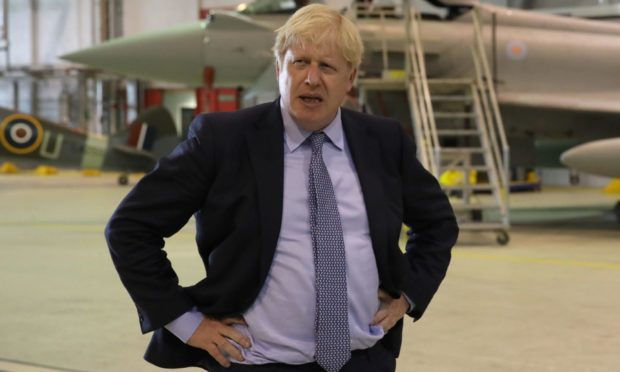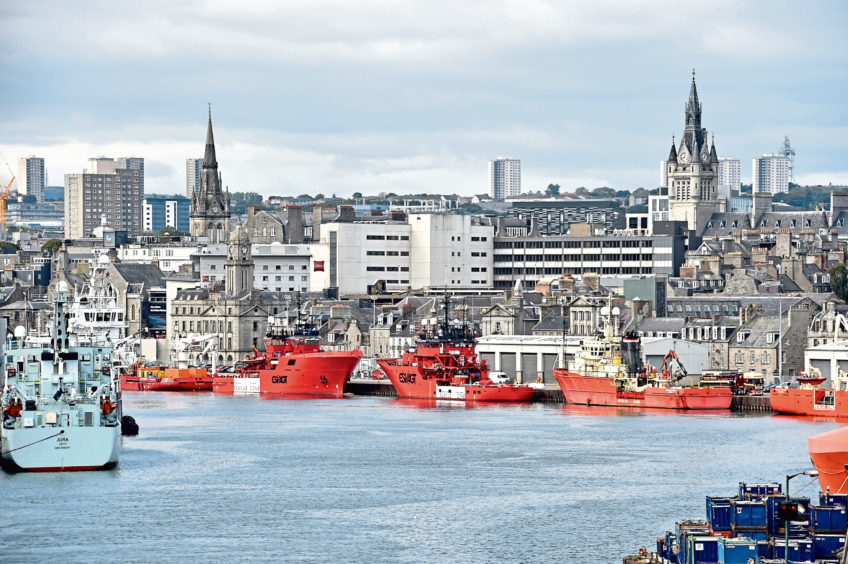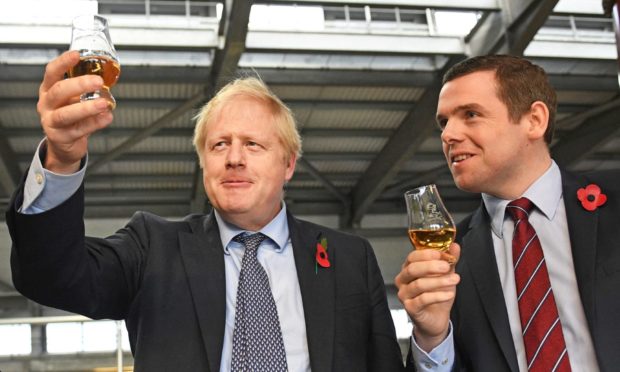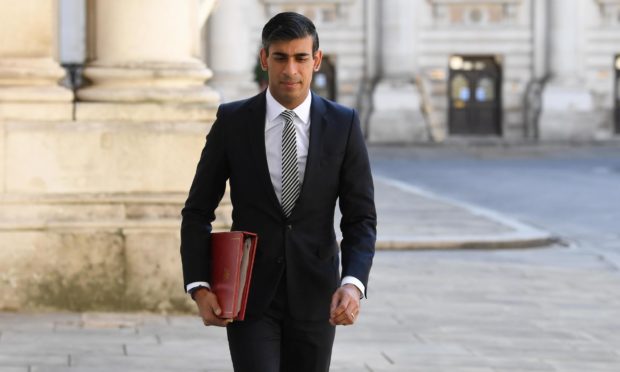Plans to create a special tax-free zone in the north-east could have a “devastating” impact on the local economy, an accountancy expert has warned.
Professor Richard Murphy told us that Tory ambitions to open a free port in Aberdeen or Peterhead following the Brexit transition period would create “all sorts of potential risks” – from money laundering to a cut in local authority business rate revenue.
Prof Murphy, who advised the Treasury against the plan at a private meeting in June, said the proposal – which has been much vaunted as a way to unlock investment opportunities – was “inconsequential to the scale of economic problems” that the north-east and UK as a whole faced in the months and years ahead.
“It’s bonkers,” he said. “Overall, free ports have not been proven to provide any real benefit. There’s no evidence that they create thousands upon thousands of jobs, there’s no evidence that thousands upon thousands of jobs are lost when free ports close, either.”
A free port is a zone within a country that is treated, for customs purposes, as an independent jurisdiction. This means goods can be manufactured, imported and exported in the zone without incurring normal barriers to trade such as tariffs and customs duties.
Supporters of the idea argue that introducing free ports has already been successful in countries such as the United Arab Emirates, where the Jebel Ali free zone in Dubai now hosts 7,000 global companies, employs 145,000 people and accounts for around 40% of the UAE’s total direct foreign investment.
We revealed last year that Boris Johnson was privately supportive of giving either Aberdeen or Peterhead free port status following the UK’s exit from the European Union.
Since then Aberdeen City Council has submitted a formal bid to be named as one of the 10 sites included in the UK Government scheme.
Scottish Tory leader Douglas Ross told us the region has a “very strong case” to be included in the scheme.
“As you’d expect, I’ve been putting the pressure on, indeed all the Scottish Conservatives are working hard to ensure the benefits of free ports are felt here in Scotland,” he said.
He added: “I think we have a very strong case for this here.
“A free port would send a positive message that the UK Government can deliver here in Scotland and it’s a policy I fully support and back.”
Prof Murphy, one of only two academics invited to Whitehall to discuss the proposals with officials, said, however, he saw “no evidence that this is a thought out policy”.
“What they’re offering at the moment is incredibly vague. The officials could not answer any of my concerns, instead I was told to submit them in writing.
“I felt as though they wanted to hold back all the details until perhaps the autumn budget.”
Prof Murphy, who is a tax expert, added: “I put it to them that there is a risk of money laundering as a bank, for example, could be placed inside a free port.
“There could also be a cost to local authorities who are hosting free ports.
“Aberdeen would lose out on local taxation due to the loss in business rates from the free zone, with devastating impact.
“And there’s no evidence at present that the government intends to step in and compensate councils.
“So it could actually end up imposing real costs on local authorities and hurt communities.”
They’re not going to do what was advertised on the tin.”
Professor Richard Murphy
Prof Murphy said there would also likely be additional administrative burdens on local authorities as the Treasury plans allow for a free port to be spread across a number of sites in one area, meaning there will need to be checks on goods entering and leaving the various sites.
“Are free ports going to solve any of the problems that are created by Brexit? No, not at all. Is it going to promote new economic activity or have any real significance in the UK? No. Are there going to be many new jobs as a result of free ports? No. Are those jobs going to simply be relocated from other places if there are free ports? Yes.
“They’re not going to do what was advertised on the tin; worse, I believe in real terms free ports are going to create real disruption in the economy.”
A Treasury spokesman dismissed Mr Murphy’s concerns, saying: “This is wrong. We’re consulting on plans to introduce up to 10 free ports precisely because they will serve as national hubs for trade, innovation and commerce, supporting new businesses, new jobs and investment to regenerate communities.
“We’ll set out more details in due course but we’re clear that our existing high standards on preventing illicit activity like money laundering will apply.”
Everything you need to know about free ports
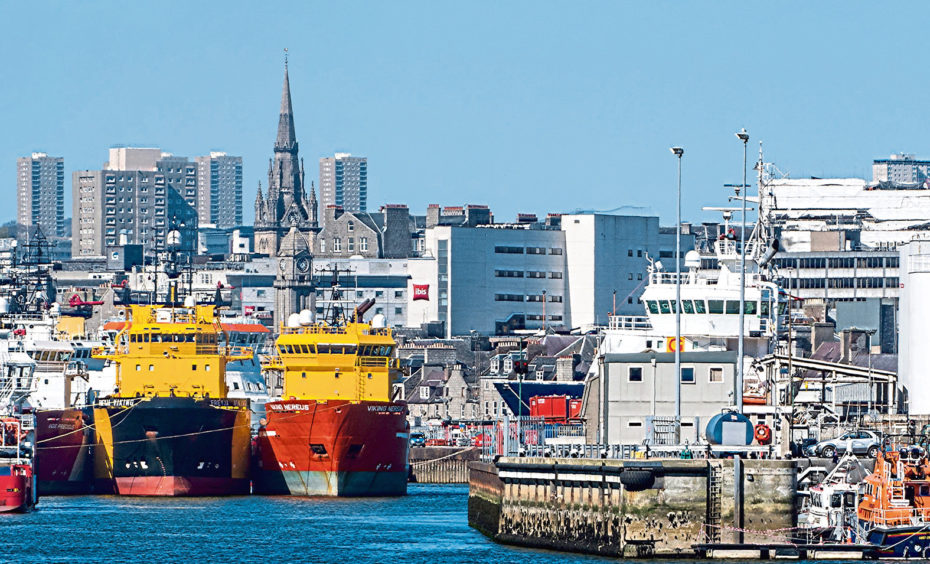
What are free ports?
Free ports are designated areas where the normal tax and tariff rules of the country in which they are based do not apply. They allow goods to be imported, manufactured and re-exported without being subject to checks, paperwork or import taxes.
What are the benefits?
Research from consultancy and construction firm Mace has suggested establishing seven such zones could generate more than 150,000 jobs and contribute more than £9 billion a year to the economy.
What are the downsides?
Free ports can also siphon investment away from other parts of the country as firms seek to capitalise on paying less tax. Last year the European Parliament called for free ports to be scrapped across the European Union as part of a damning report on tax evasion and money laundering.
When will the first free port open?
The hope is that the first free port will open in early 2021.
